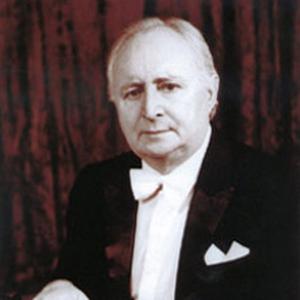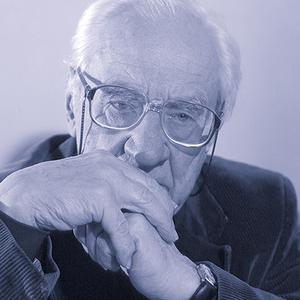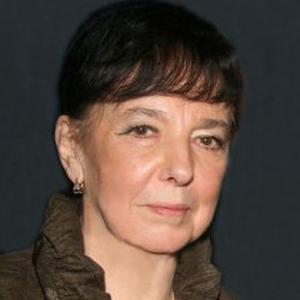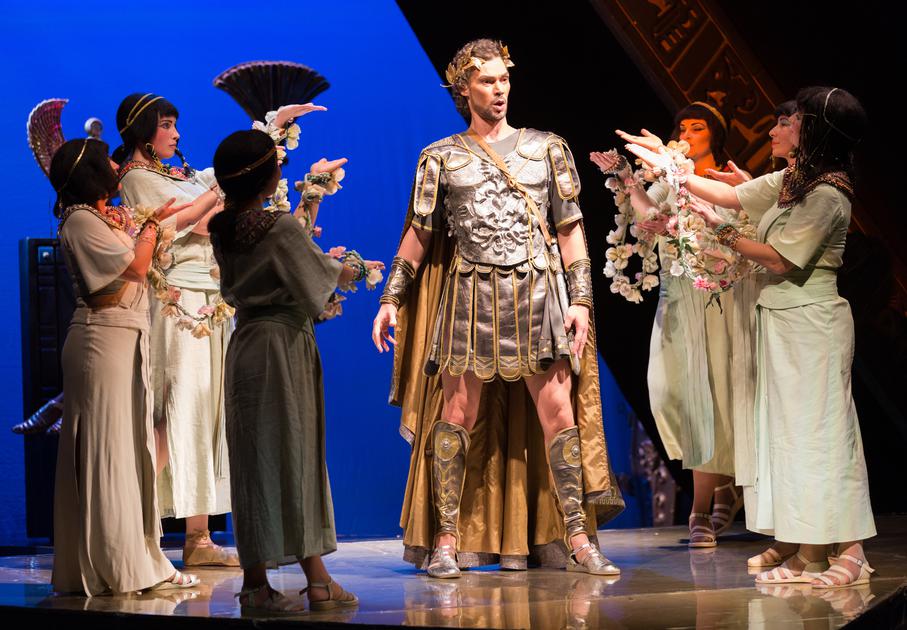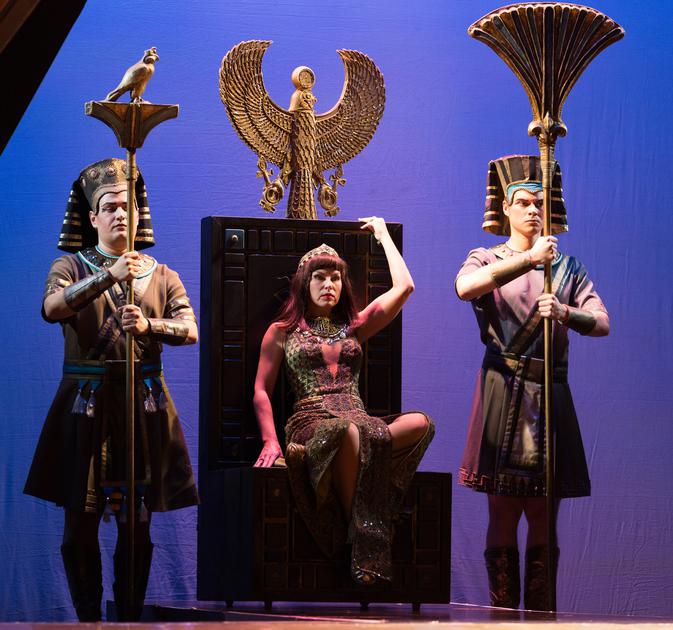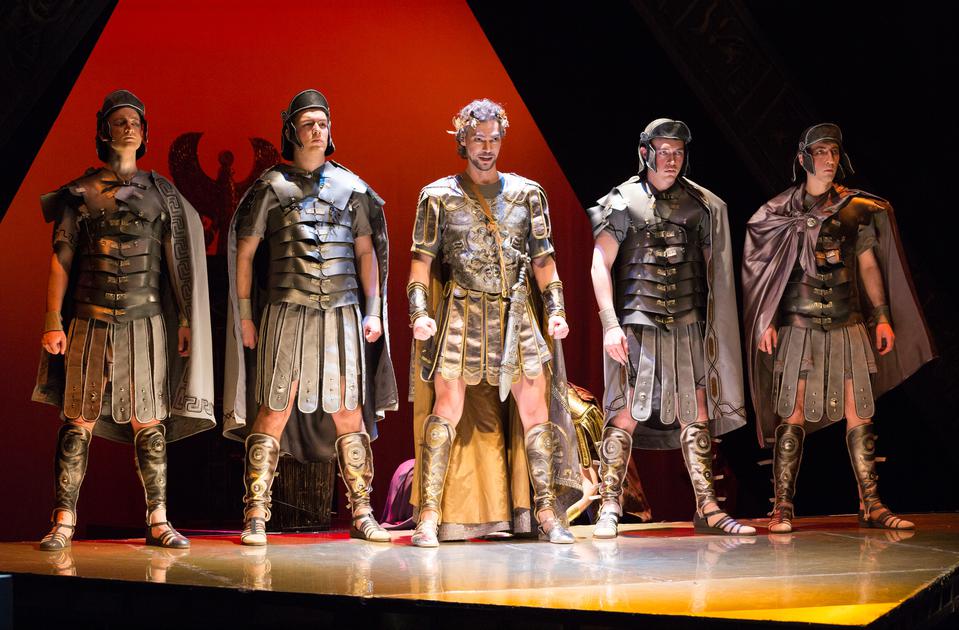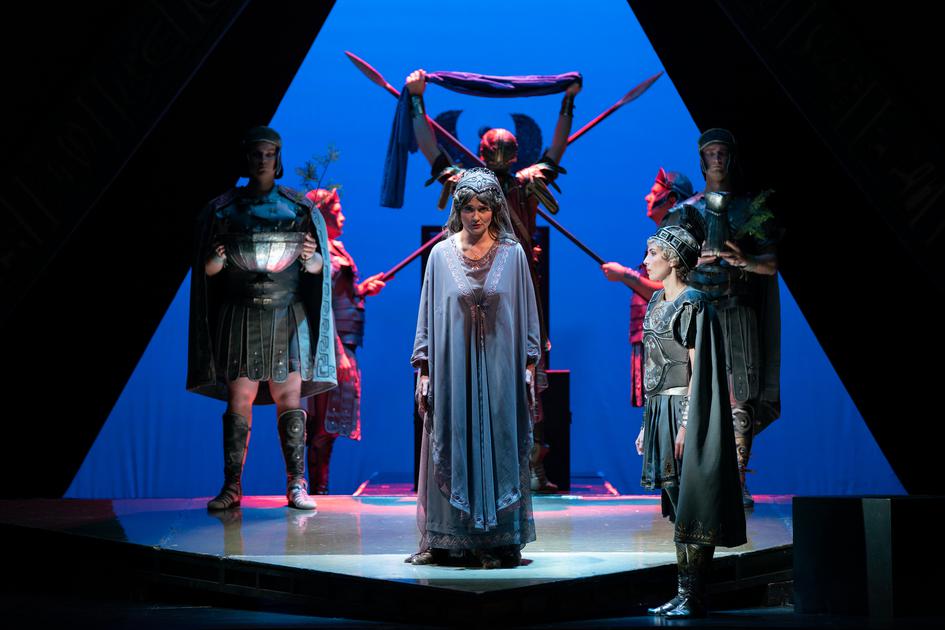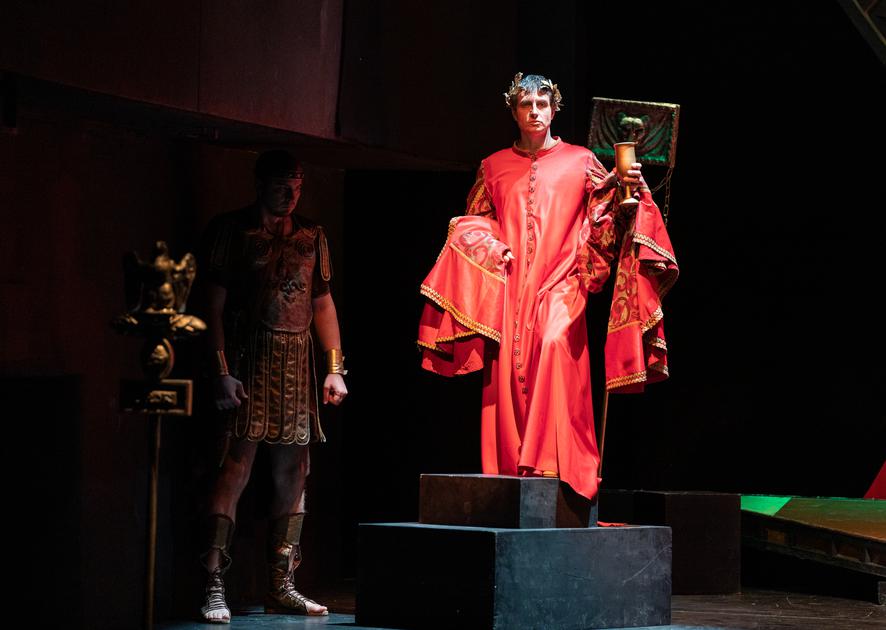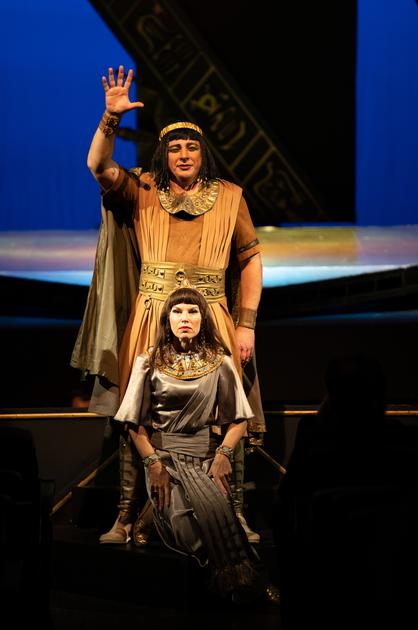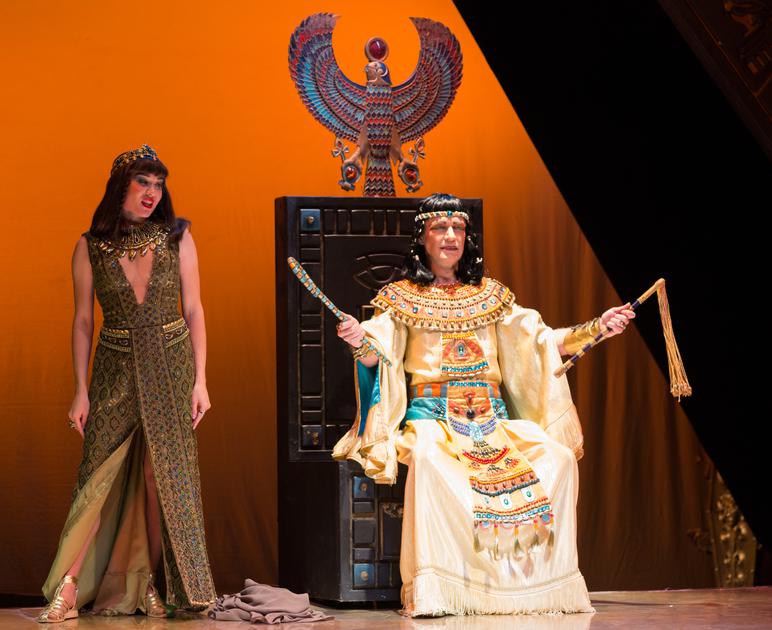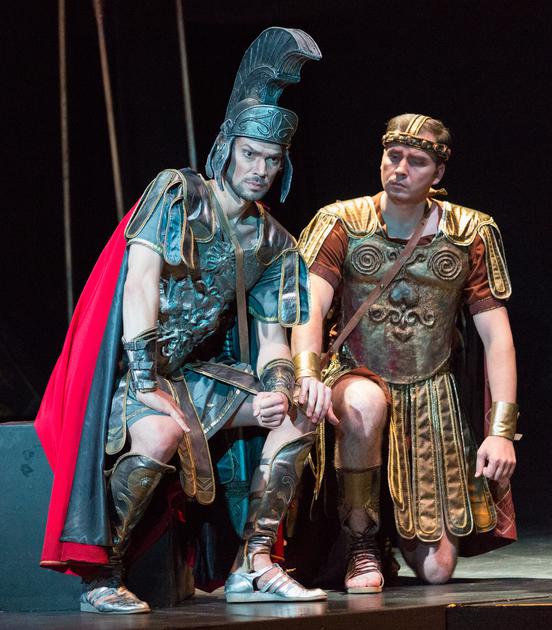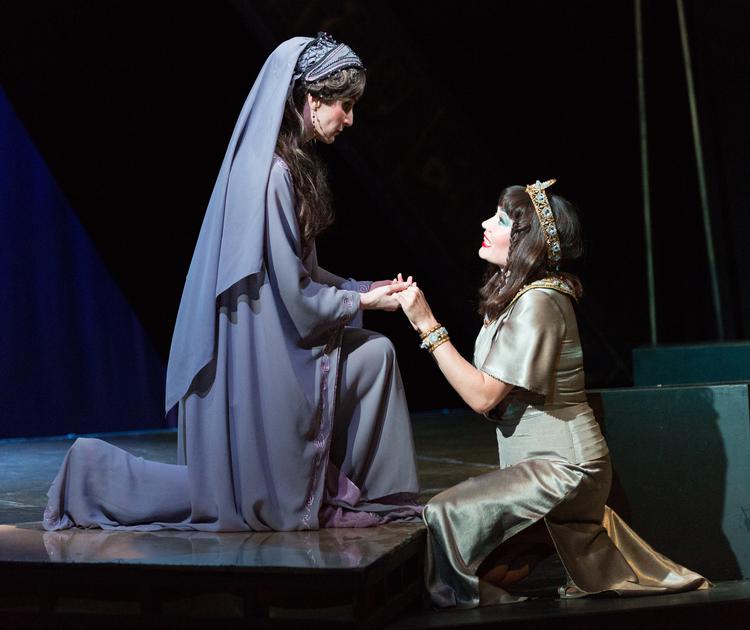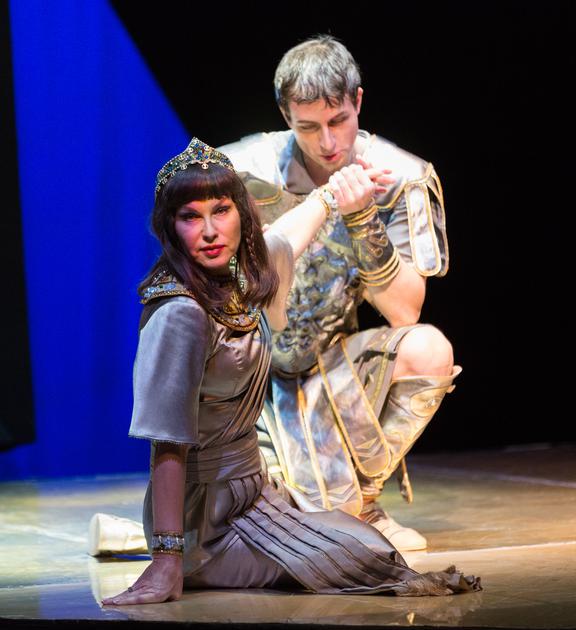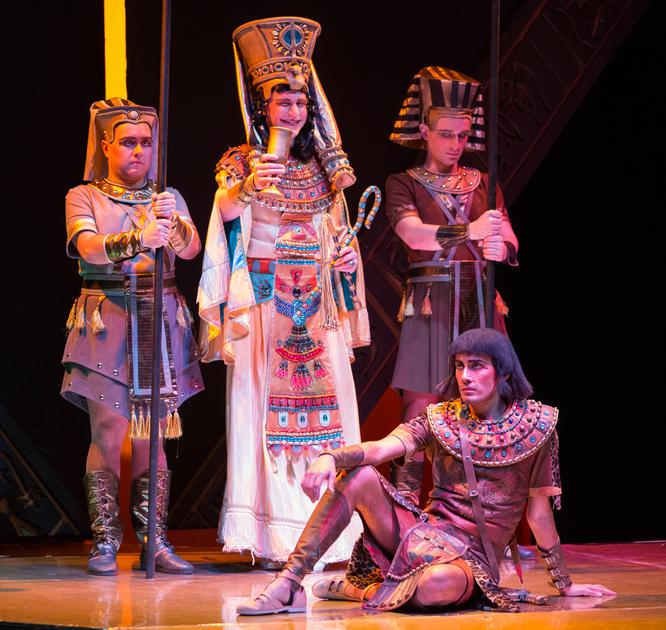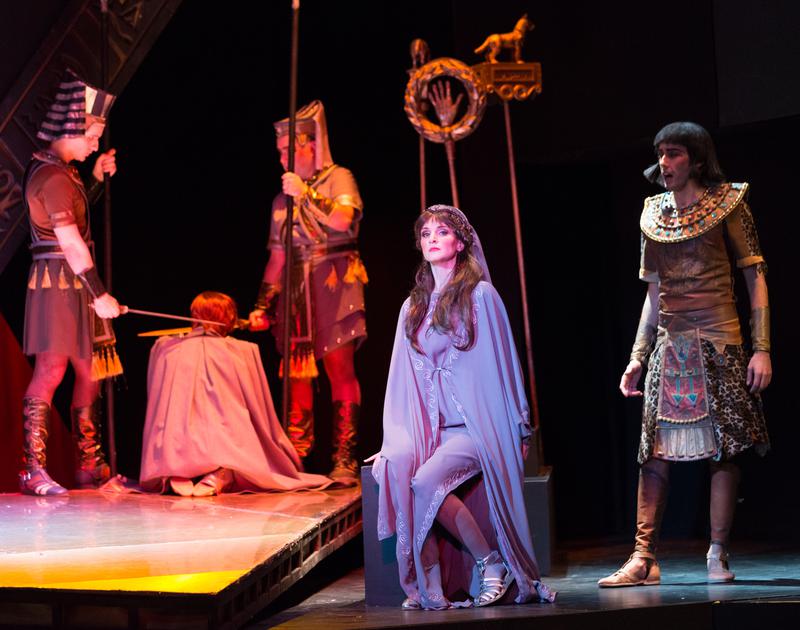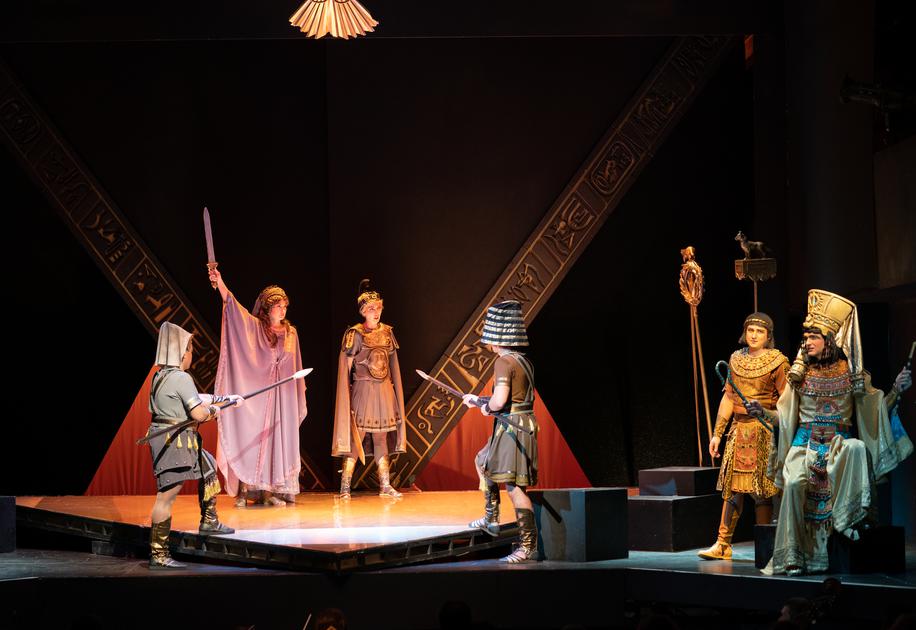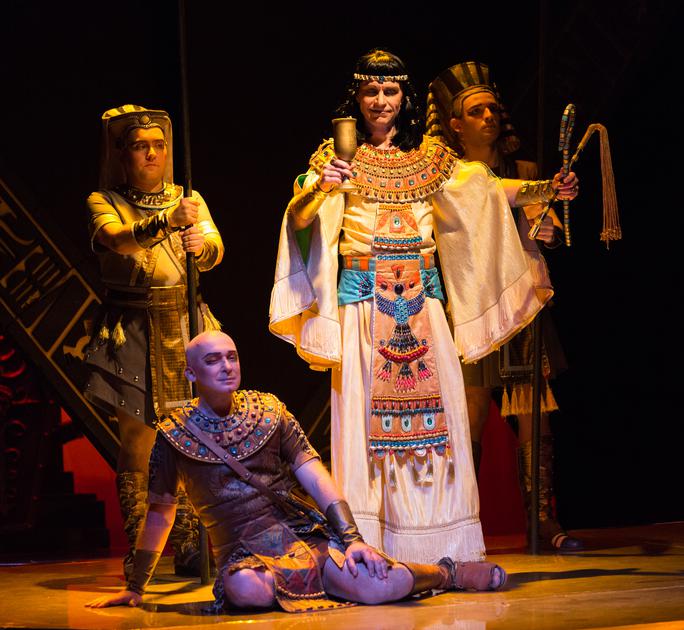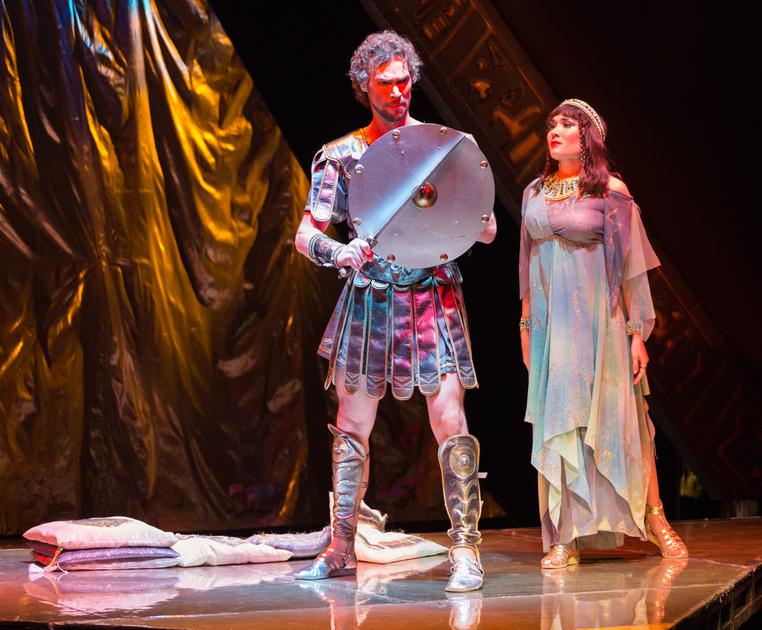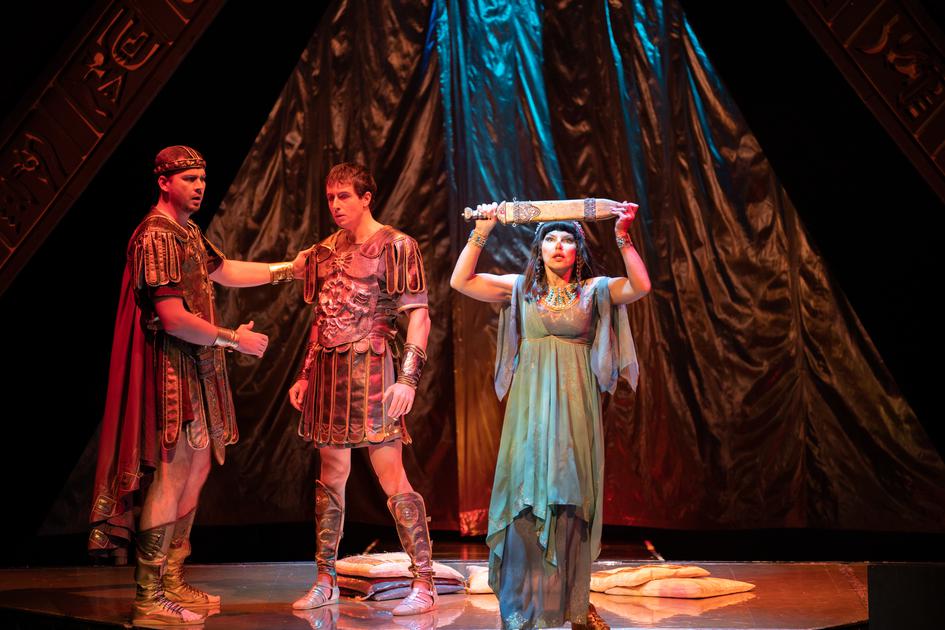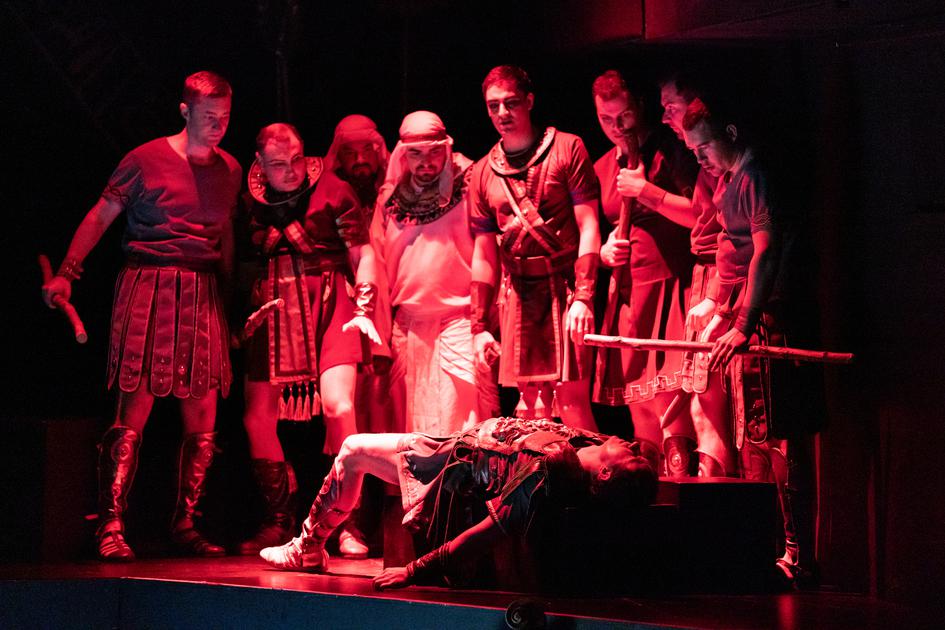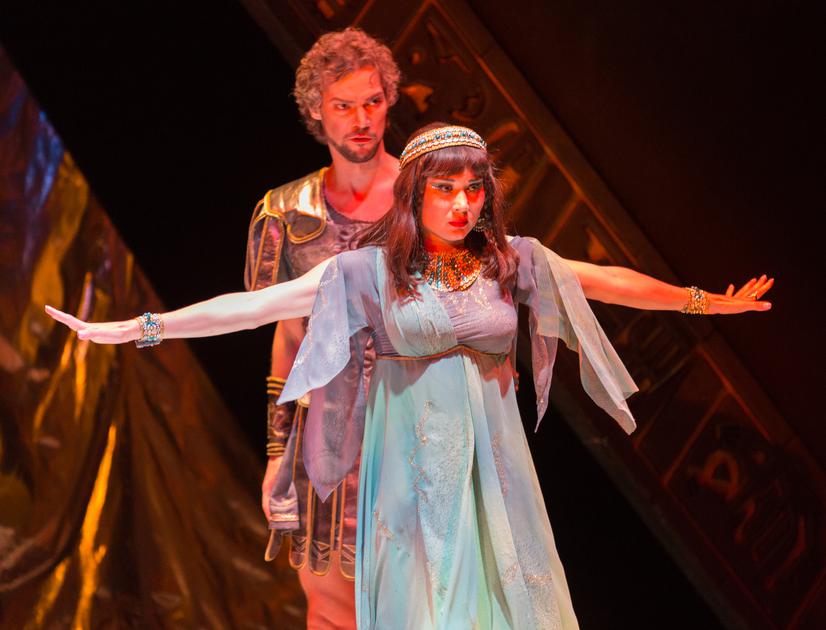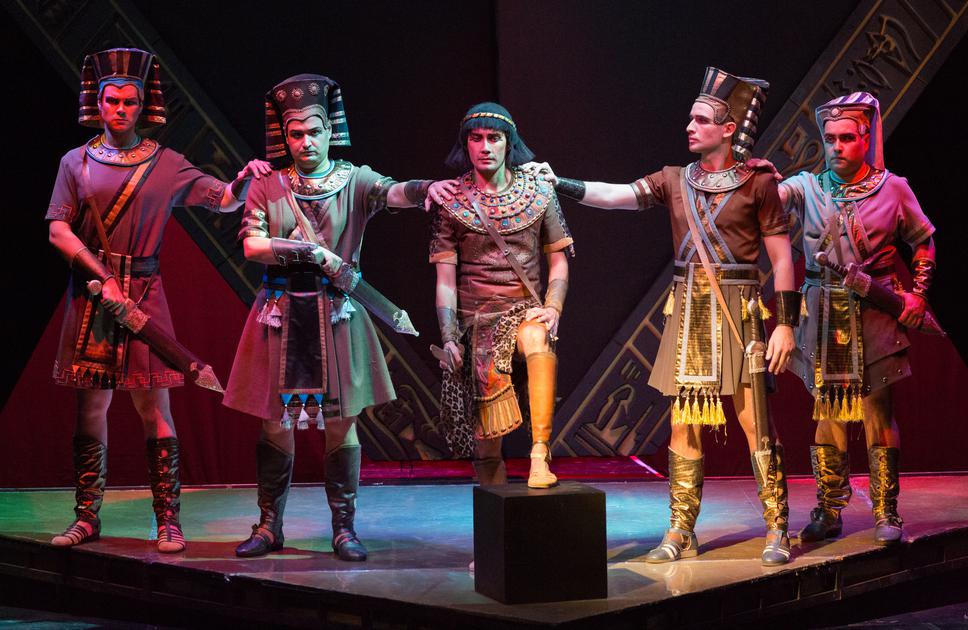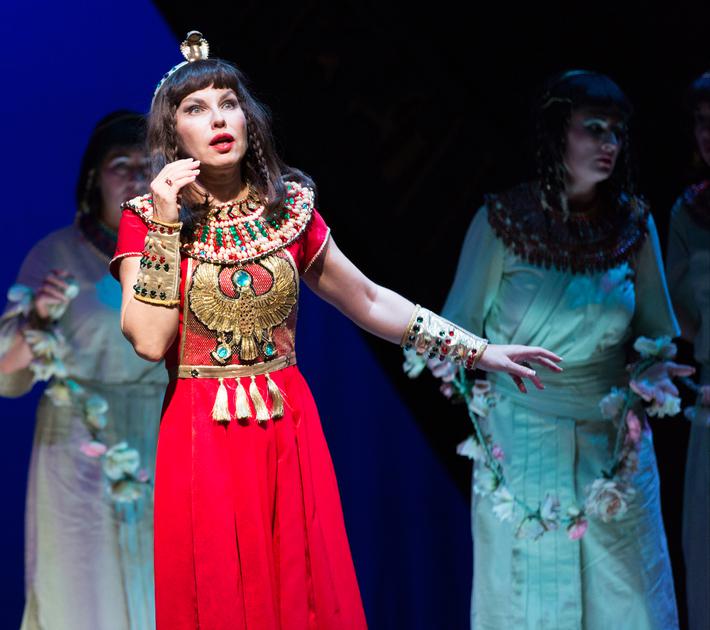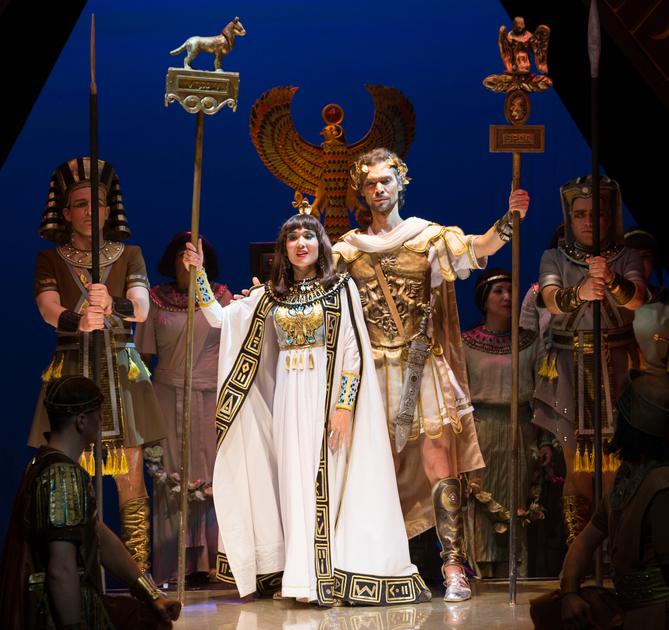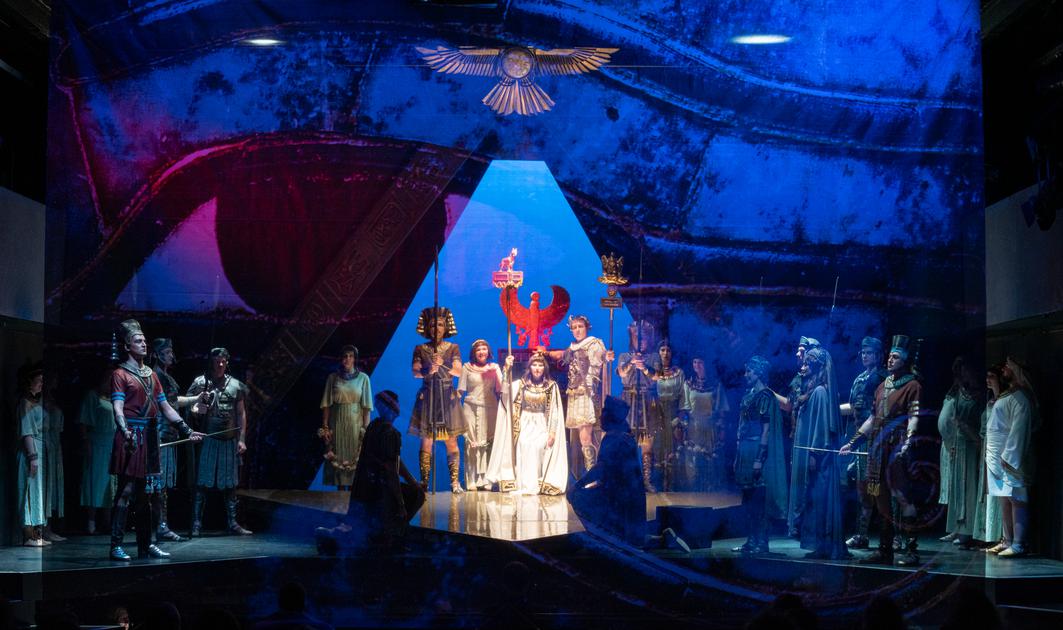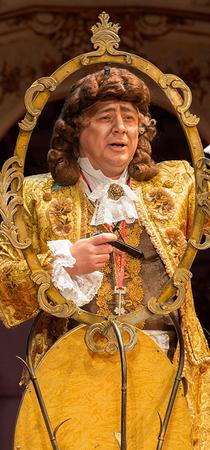
Georg Philipp Telemann
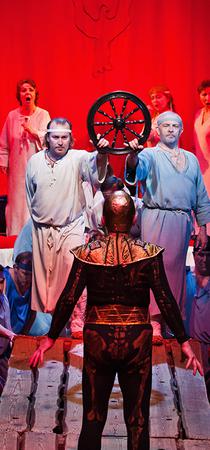
Dimitry Rostovsky
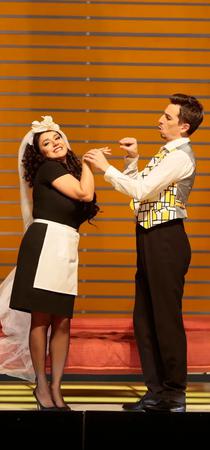
Wolfgang Amadeus Mozart
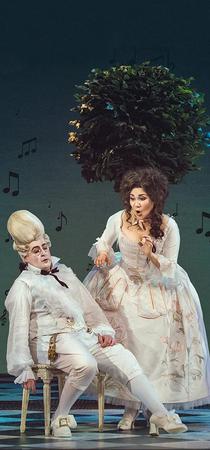
Gioachino Rossini
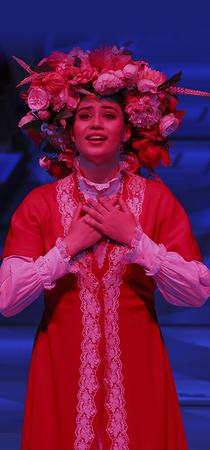
Alexander Ostrovsky, music by Pyotr Tchaikovsky

Modest Mussorgsky
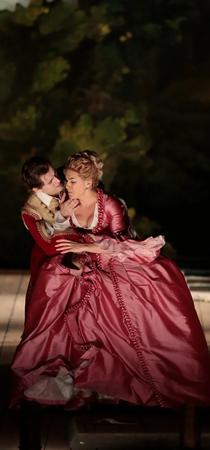
Wolfgang Amadeus Mozart
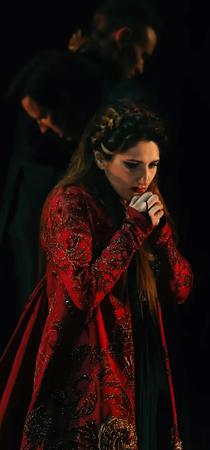
Giacomo Puccini
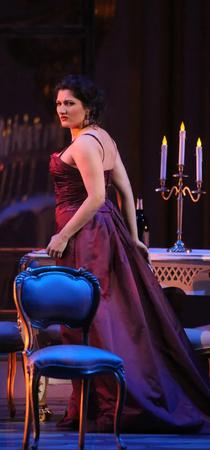
Giuseppe Verdi
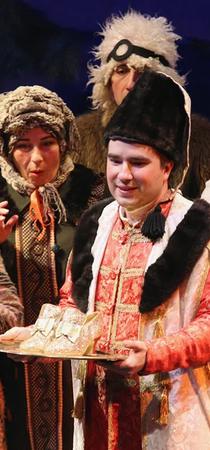
Pyotr Tchaikovsky
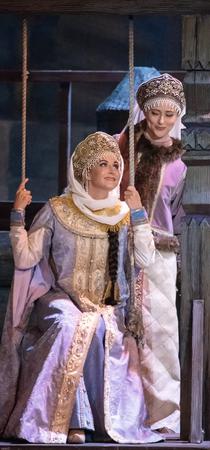
Nikolai Rimsky-Korsakov
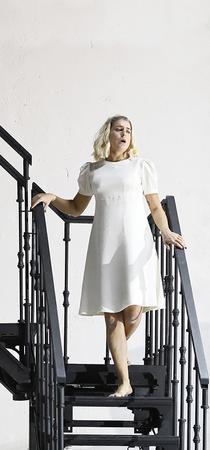
Richard Strauss
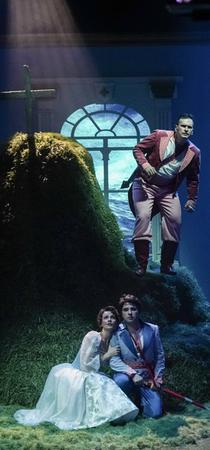
Alexei Verstovsky
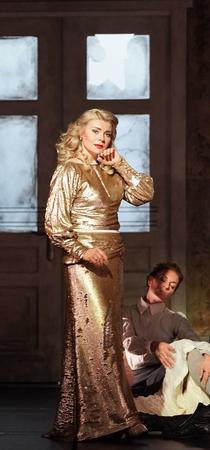
Sergei Prokofiev. Maurice Ravel
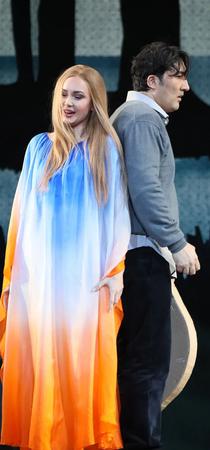
Nikolai Rimsky-Korsakov
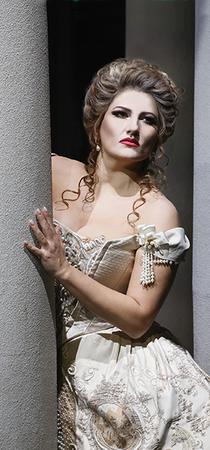
Francesco Cilea
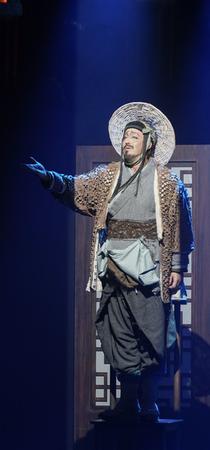
César Cui. Igor Stravinsky
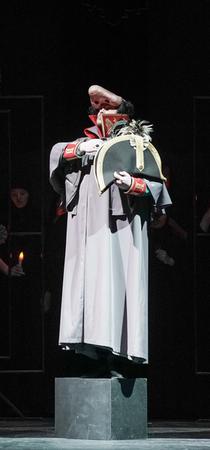
Dmitry Shostakovich
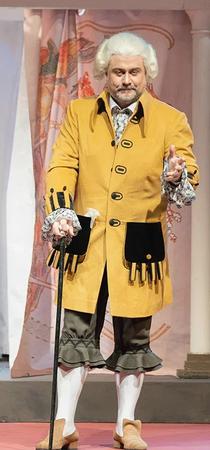
Wolfgang Amadeus Mozart
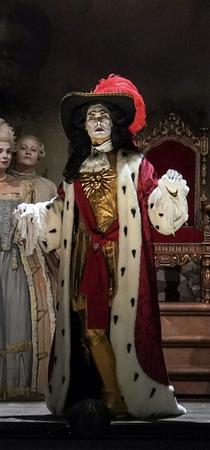
Umberto Giordano
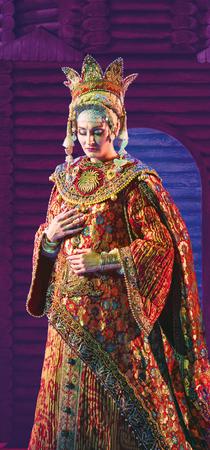
Nikolai Rimsky-Korsakov
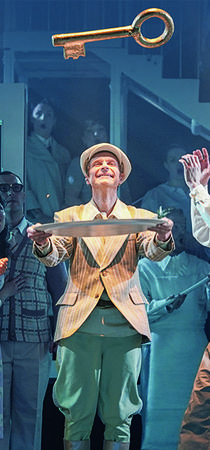
Dmitry Shostakovich
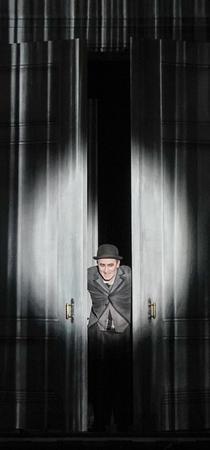
Ruggero Leoncavallo
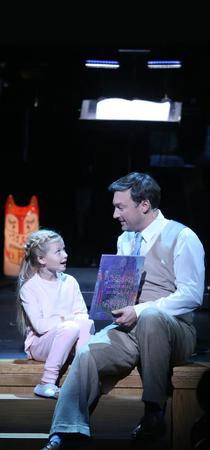
Benjamin Britten. Camille Saint-Saëns
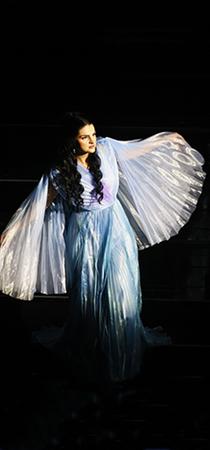
Anton Rubinstein
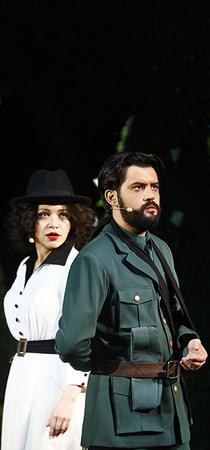
Hector Berlioz
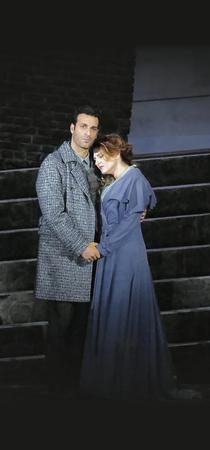
Giacomo Puccini
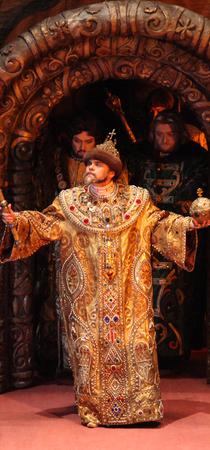
Modest Mussorgsky
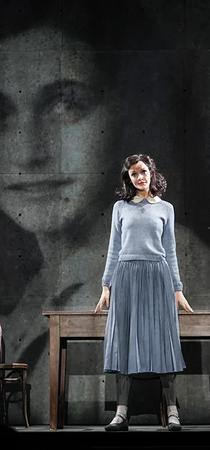
Grigory Frid. Udo Zimmermann
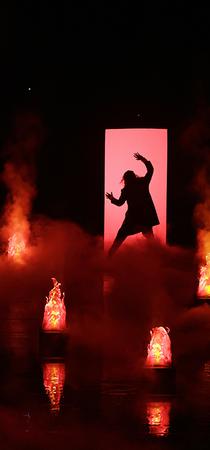
Wolfgang Amadeus Mozart
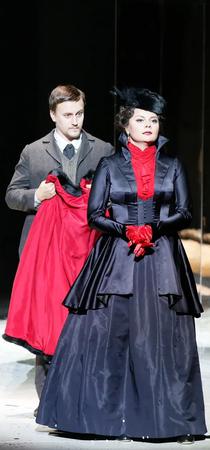
Mieczysław Weinberg
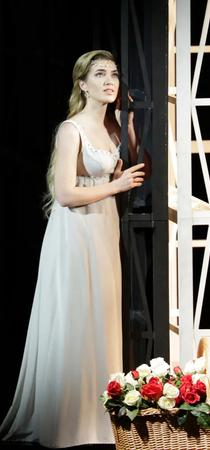
Pyotr Tchaikovsky

Sergei Banevich
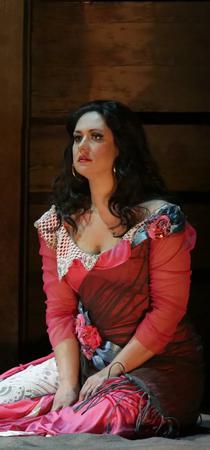
Georges Bizet
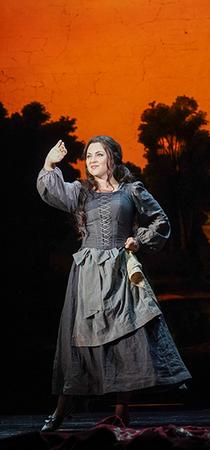
Gaetano Donizetti

Richard Wagner
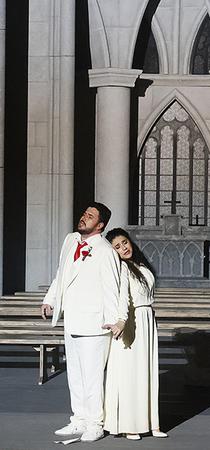
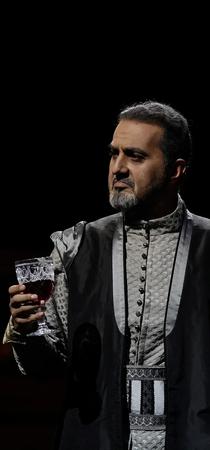
Pyotr Tchaikovsky
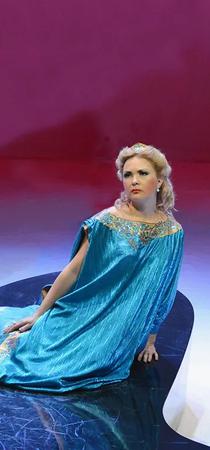
Richard Strauss

Jacques Offenbach
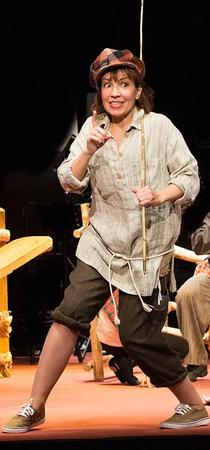
Sergei Prokofiev
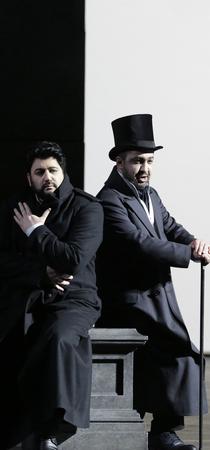
Pyotr Tchaikovsky
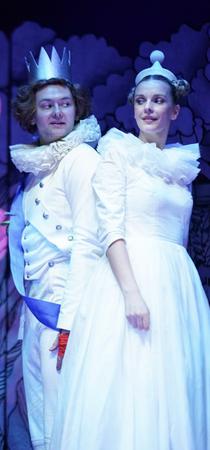
Andrei Rubtsov
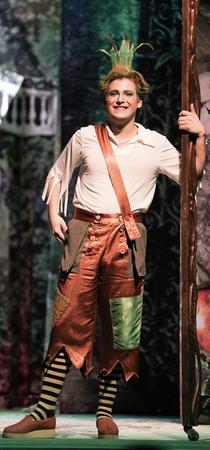
Tatiana Kamysheva
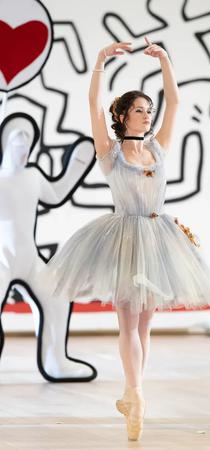
Gioacchino Rossini
Alexander Borodin
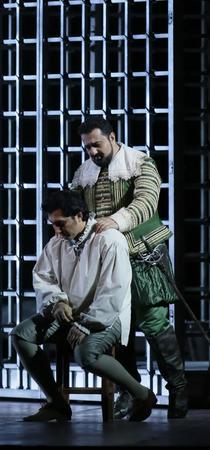
Giuseppe Verdi
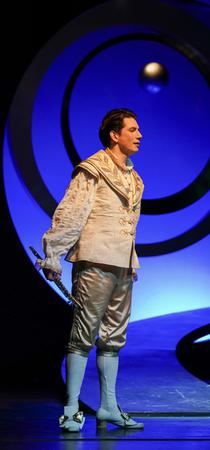
Wolfgang Amadeus Mozart

Georges Bizet
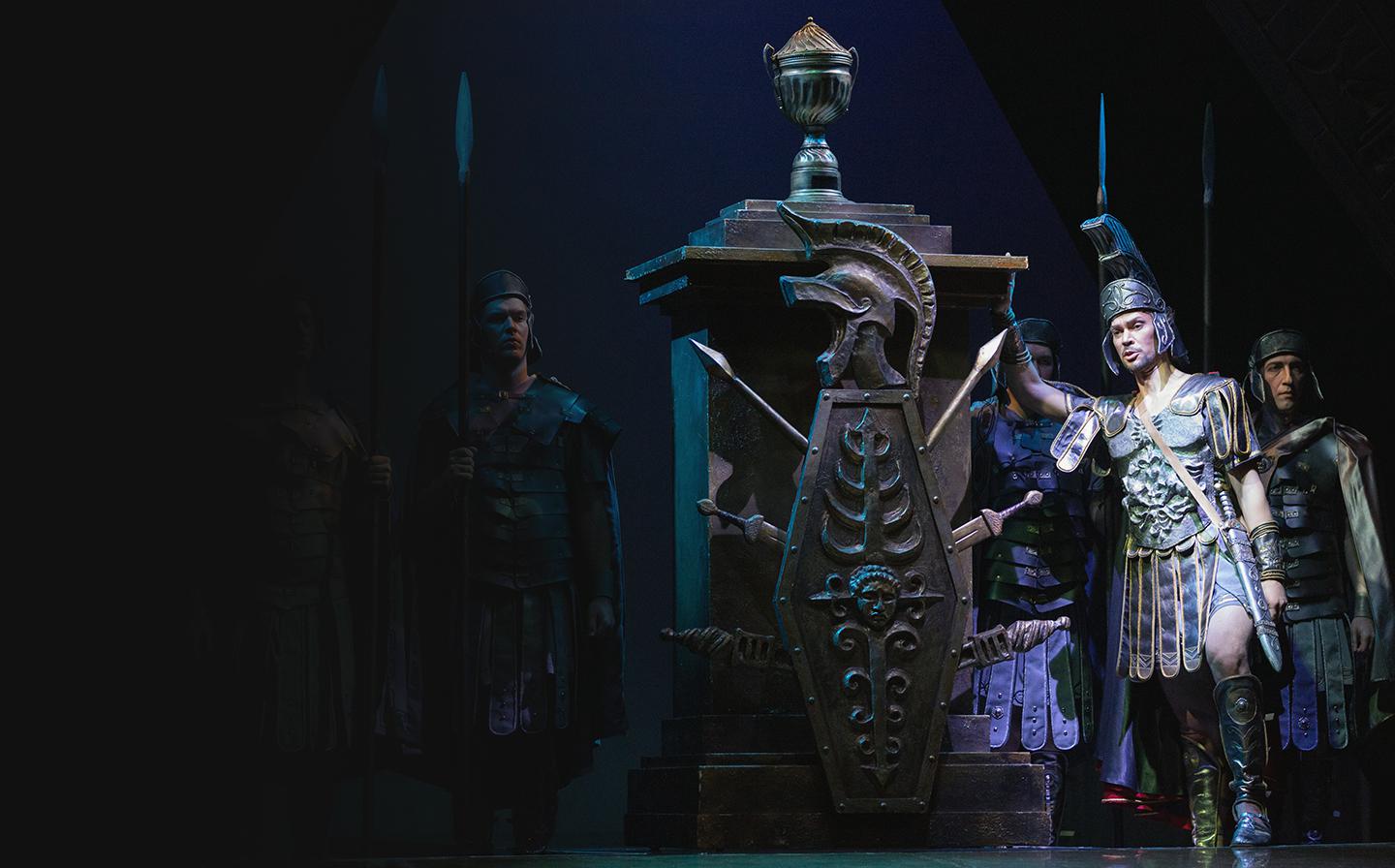
The premiere of the opera by George Frederic Handel Giulio Cesare in Egitto took place on the 20th of February 1724 at the Theatre Royal Haymarket in London. It became one of the composer’s greatest triumphs.
It was followed by further success, which was proved by its multiple renewals in London and productions on the continent – in Paris, Braunschweig and Hamburg.
The enthusiastic reception by the audience was facilitated by the outstanding cast at the premiere: alto castrato Senesino (Guilio Cesare), soprano Francesca Cuzzoni (Cleopatra), alto castrato Gaetano Berenstadt (Tolomeo), contralto Anastasia Robinson (Cornelia), soprano Margherita Durastanti (Sesto), bass Giuseppe Maria Boschi (Achille). All of them were the stars of the operatic stage and collaborated with Handel for many years, as participants of an enterprise that he managed. Later, when new artists were introduced, the composer rewrote the parts for voices of different tessiture. That way the part of a young Sesto was given to tenors and the role of Tolomeo was performed by Francesca Bertolli (contralto). The name of the opera varied even during the life of the composer. For instance, in Braunschweig it was called Giulio Cesare and Cleopatra.
Premiered at the Boris Pokrovsky Musical Theatre on November 3, 2002.
Presented with one interval.
Saturday, 19:00
Act I
Cesare and his troops settle victoriously in Alexandria after defeating Pompeo’s forces. Cesare, who knows nothing about the fate of the vanquished enemy, is generous: he agrees to an appeal from Pompeo’s wife and son – Cornelia and Sesto – for a peaceful settlement of his and Pompeo’s old rivalry.
Their joy was tempered, however, by Achille, leader of the Egyptian military, who brings Cesare a casket containing the head of Pompeo, presented as a giſt from the king of Egypt Tolomeo. Cornelia is grief-stricken, she faints as a result. Cesare is furious about Tolomeo’s cruelty and sends Achille back with a message of contempt and disgust. He orders to bury Pompeo’s body with the dignity and the respect that he deserves.
